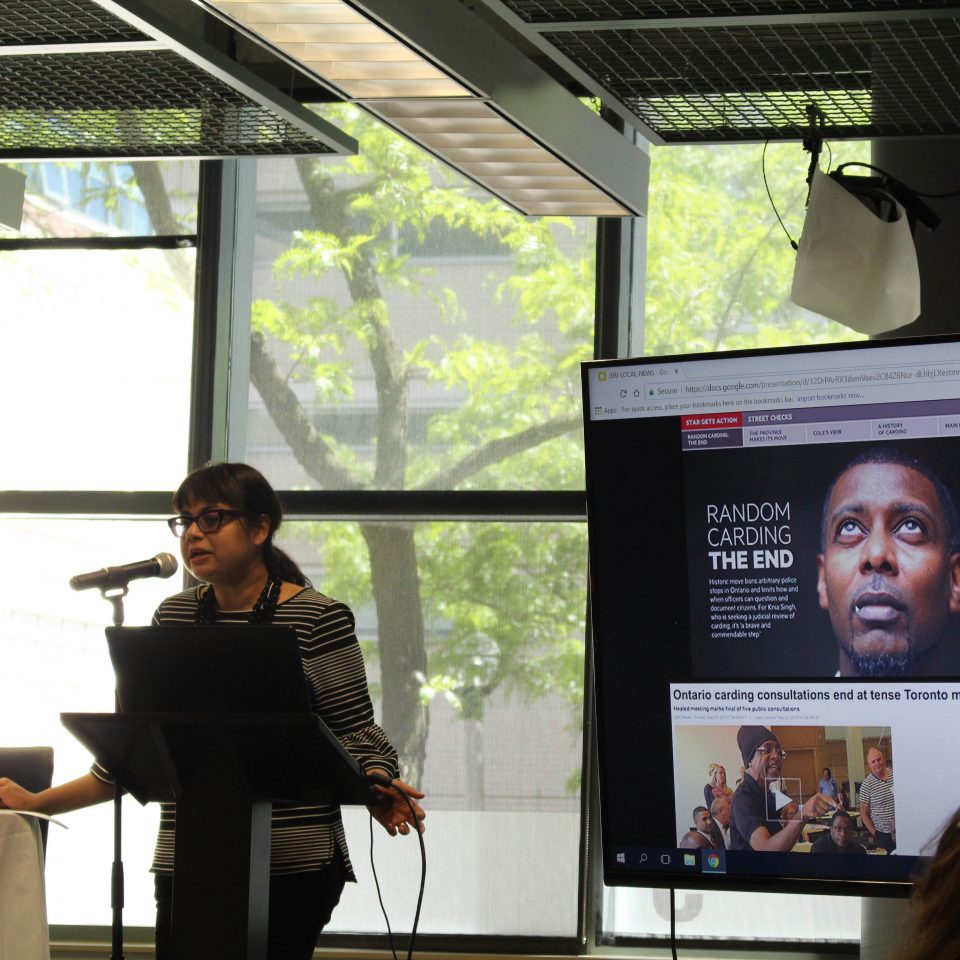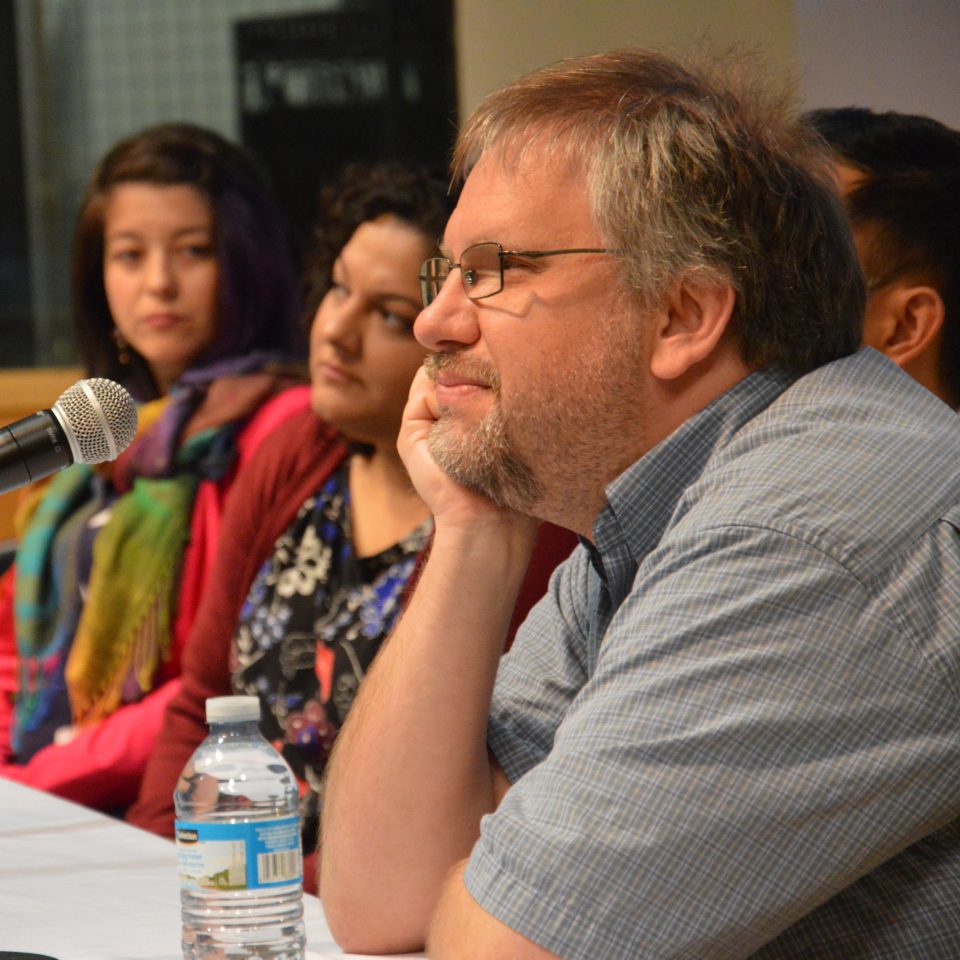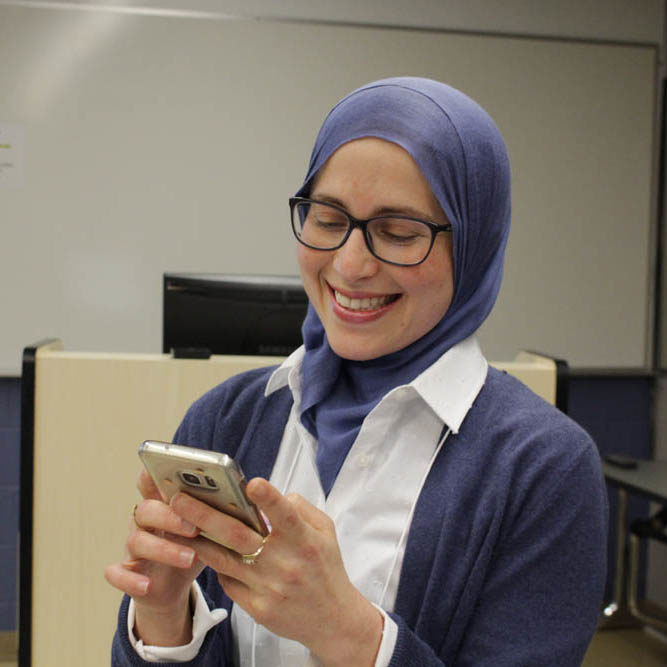Researchers urge journalists to examine who gets quoted in news stories
While the value of different sources can be subjective, newsrooms have a responsibility to interrogate their choices surrounding which voices get the most coverage, researchers agreed at a recent conference on local news.
Asmaa Malik, assistant professor at the Ryerson School of Journalism, emphasized that in a fast-paced newsroom, reporters rarely have time to question the value judgements they make. Yet, “research shows that news favours powerful people,” who get quoted more often and are featured more prominently in stories.
When the same voices continue to be amplified over and over, readers lose the opportunity to hear from more diverse sources.



